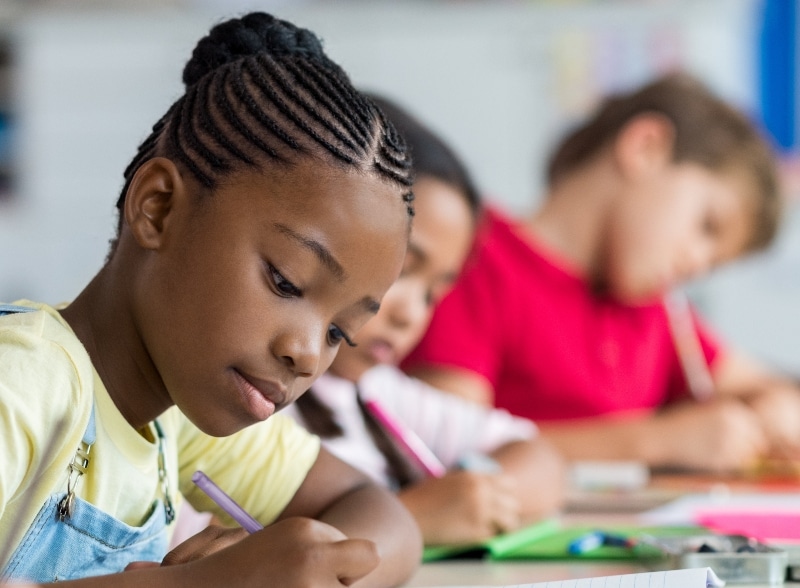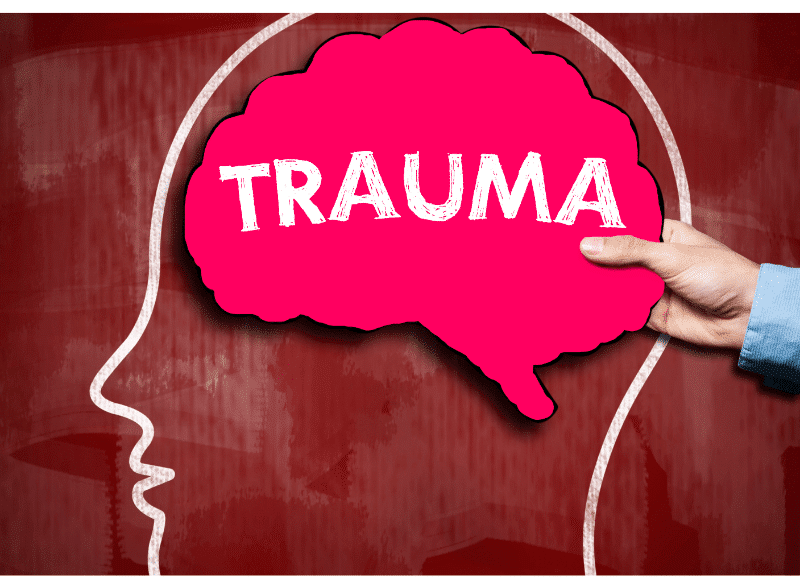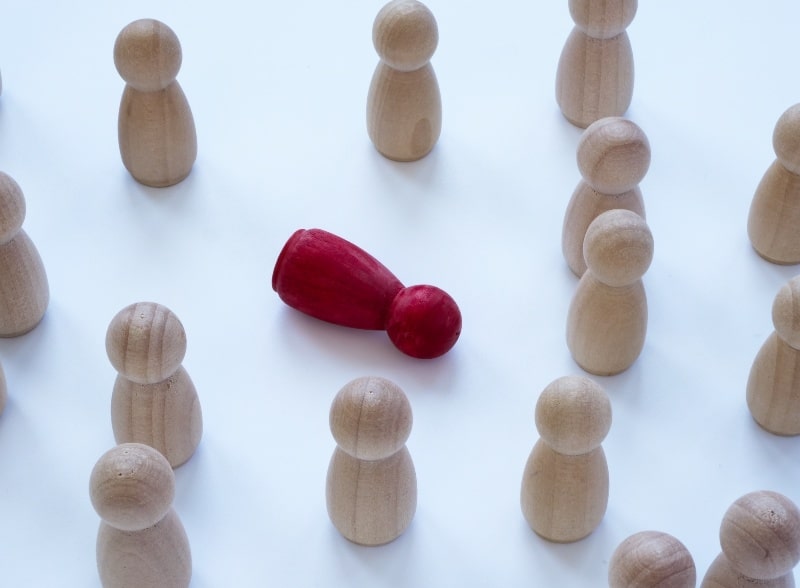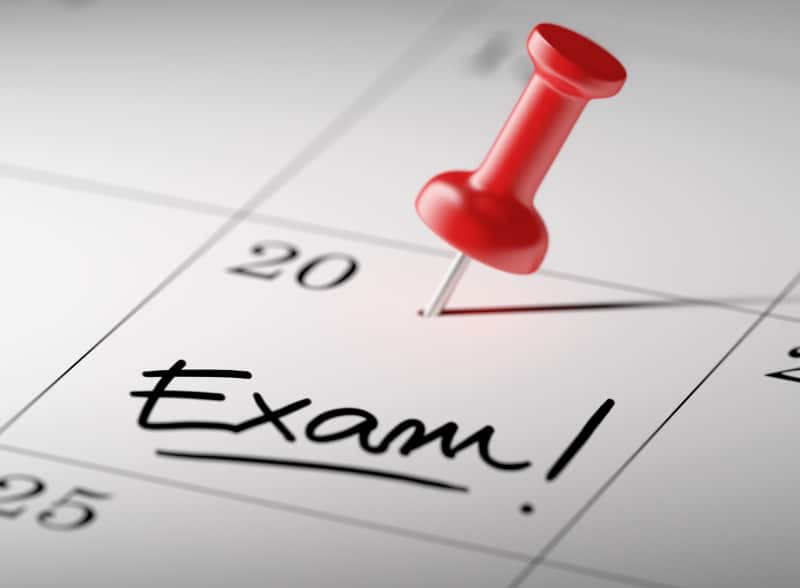
A Quick Guide to Energy Drinks (and Relevant Tooled Up Resources)
Around one in three young people – particularly boys – say that they regularly consume energy drinks, with under 18s in the UK consuming more than their peers in other European countries. This Quick Guide, developed in conjunction with the DSM Foundation, covers information that parents and carers need to know about energy drinks, as well as signposting to additional resources.

Preparing and Packing for my Exam or Test (Checklist for Primary-Aged Children)
Younger children preparing for an entrance exam, their 11+ or any other test or assessment may feel worried about preparing for the day. It might help to print out this simple activity, which reminds them of the things they need to consider and nudges them to get a good night’s sleep, eat a good breakfast, and remember some strategies to help them feel calm on the day itself.

Top 10 Things for Parents to Know About ADHD Treatment
Dr Chris Schramm has kindly worked with us to create a ‘top 10’ list of information that parents may find helpful to know about treatment for ADHD.

Quick Chat about ADHD with Dr Chris Schramm
Join us for a 20 minute chat with Dr Chris Schramm where we discuss key information and advice for anyone wanting to know about ADHD diagnoses, support and medication.

PTSD: What is it and how might it affect families?
In this webinar, Dr Hope Christie explains what trauma is, how posttraumatic stress disorder may develop following a trauma, and what impact trauma symptoms may have on children, adolescents, and adults. Dr Christie outlines how these symptoms may impact behaviour and emotions, and how parents can help support their child and themselves. This webinar is of interest to parents who would like to learn more about trauma and the impact it can have on the individual and their family.

Being a Positive Bystander: Scenarios to Discuss with Children and Teens
Talking in family life about the importance of being a good bystander is vital to help our children navigate situations that they are likely to find themselves in. Use these scenarios (for both younger children and teens) to initiate discussion about common circumstances where they might find themselves witness to harmful talk, abuse or bigotry and work out how they can challenge it.

Managing Parental Anxiety Around Children’s Assessments and Exams
We all want our children to do well at school, both academically and socially. When they have an upcoming exam or assessment, it’s normal for parents to feel a little nervous and hope that their child is able to do their best. However, for children to perform optimally, we need to manage our own anxiety first, watch our tone, gestures and language, and coach, rather than soothe. How do we do it? In this short video, Dr Weston provides some top, evidence-based tips.







